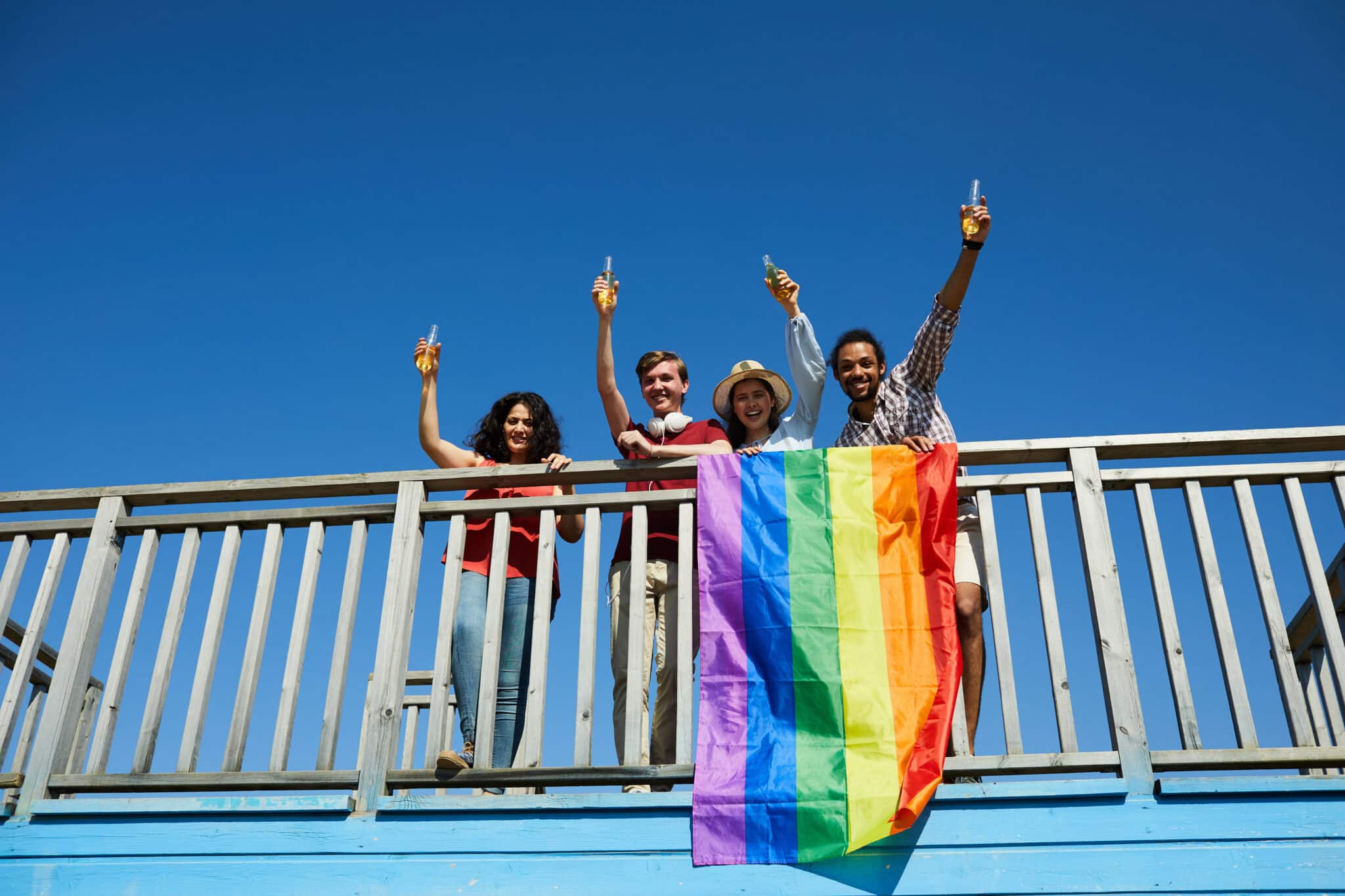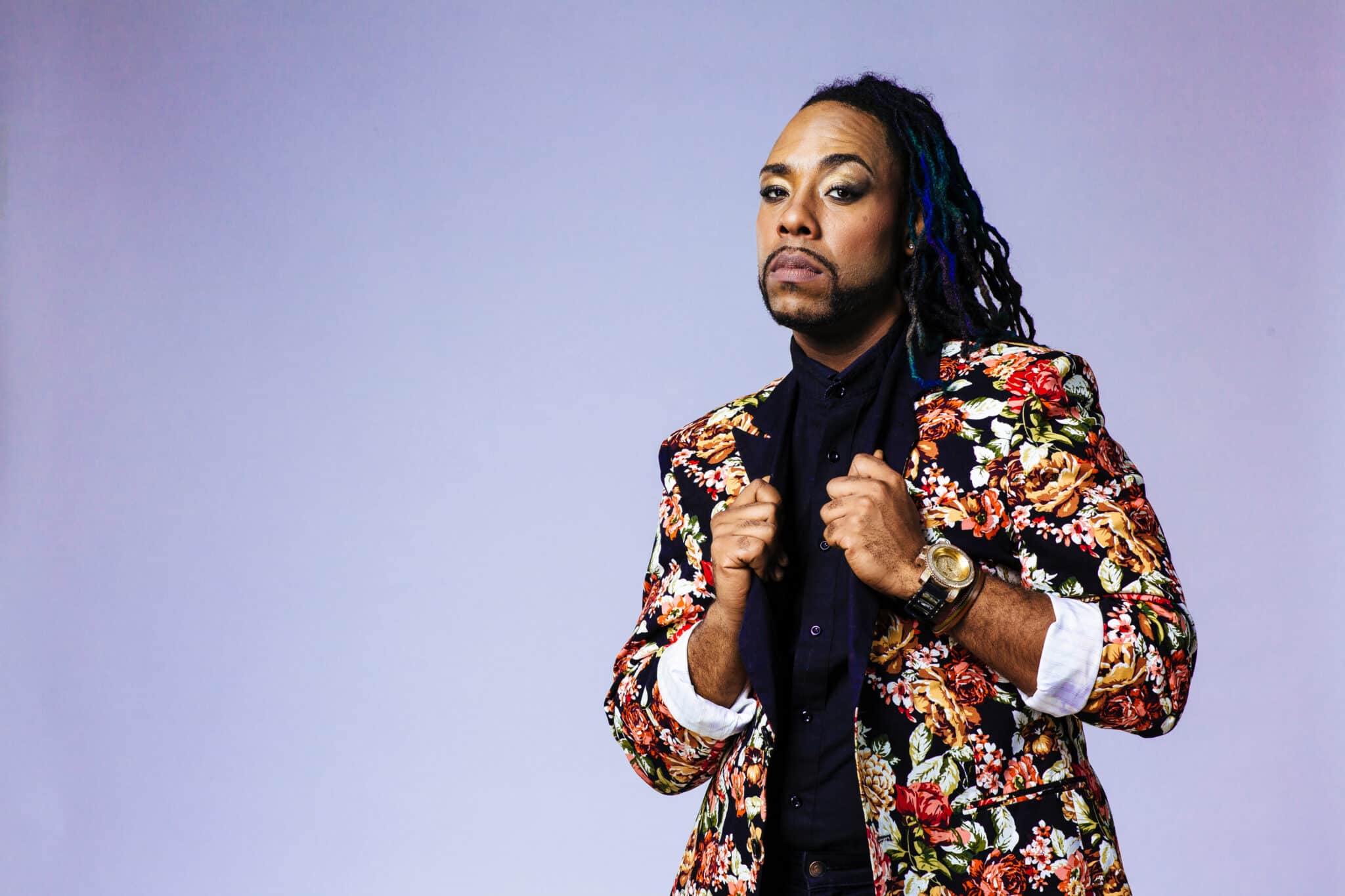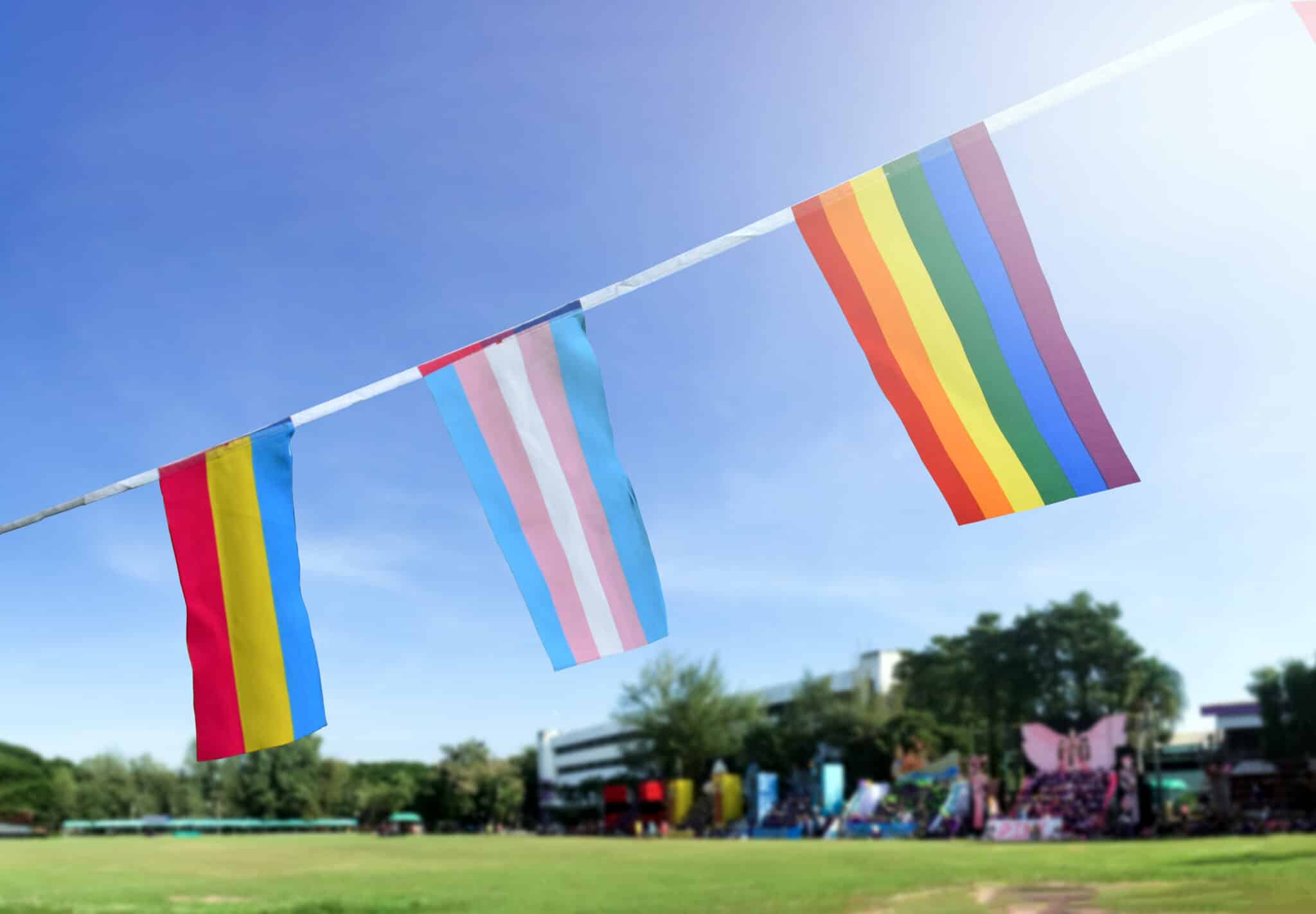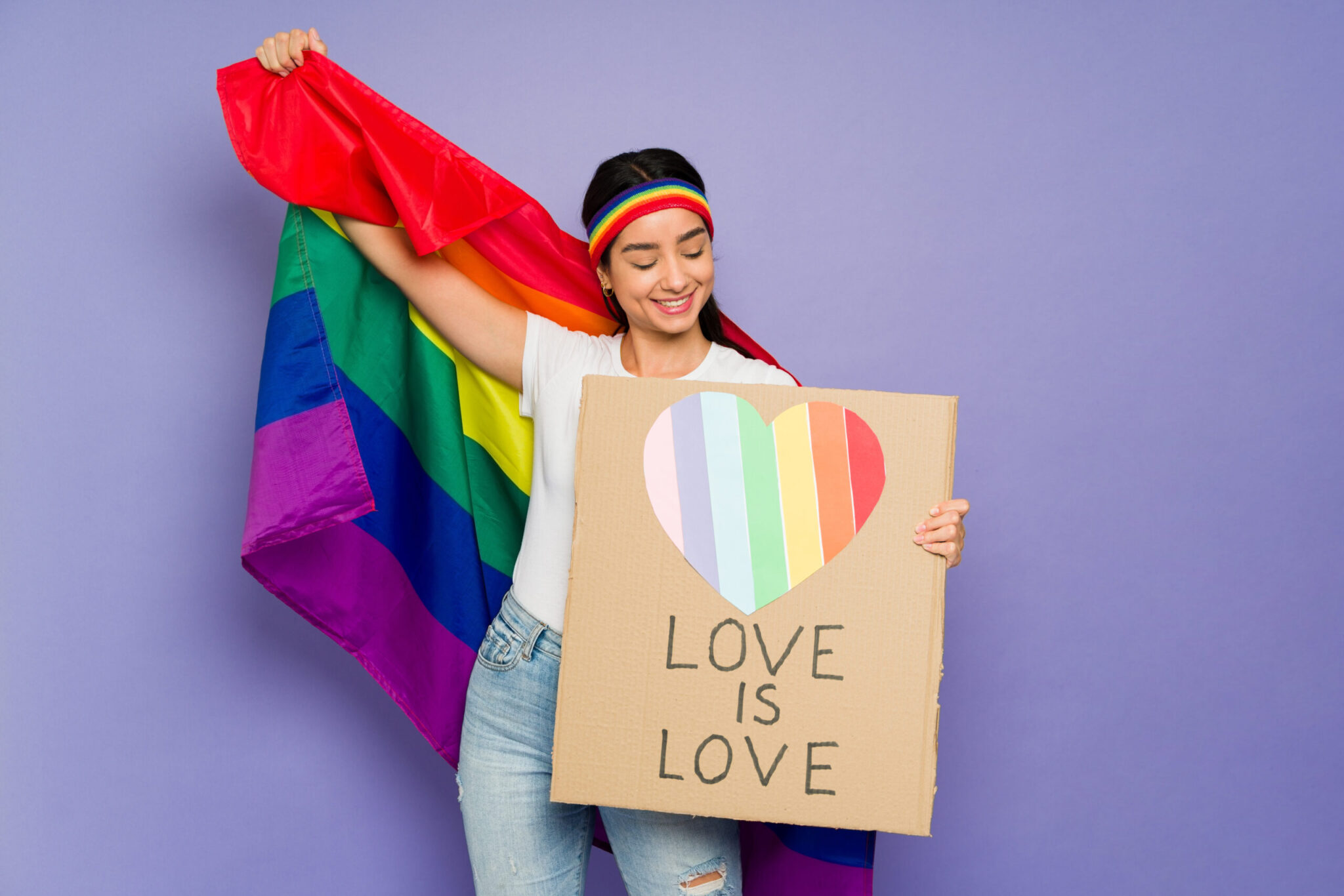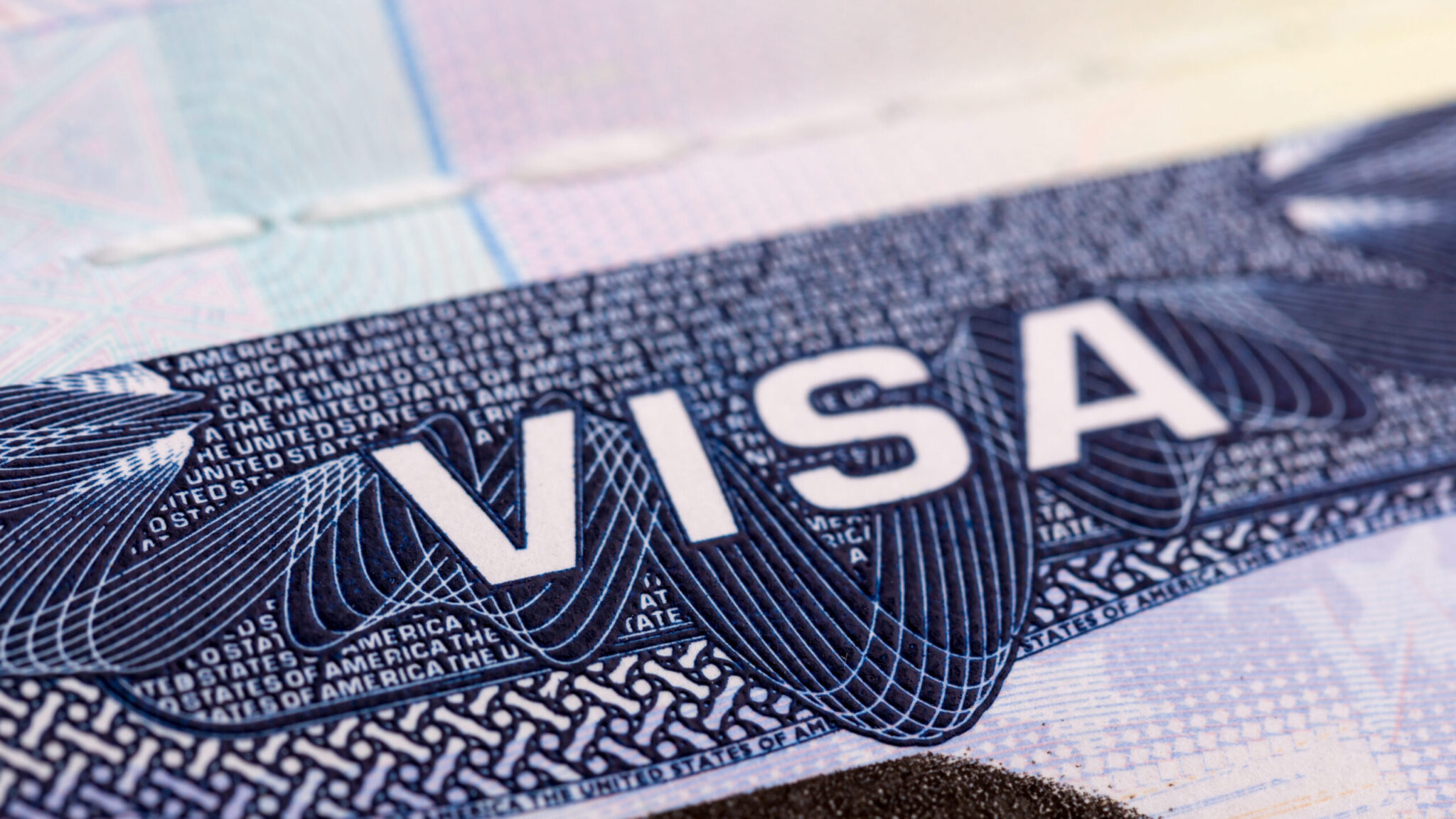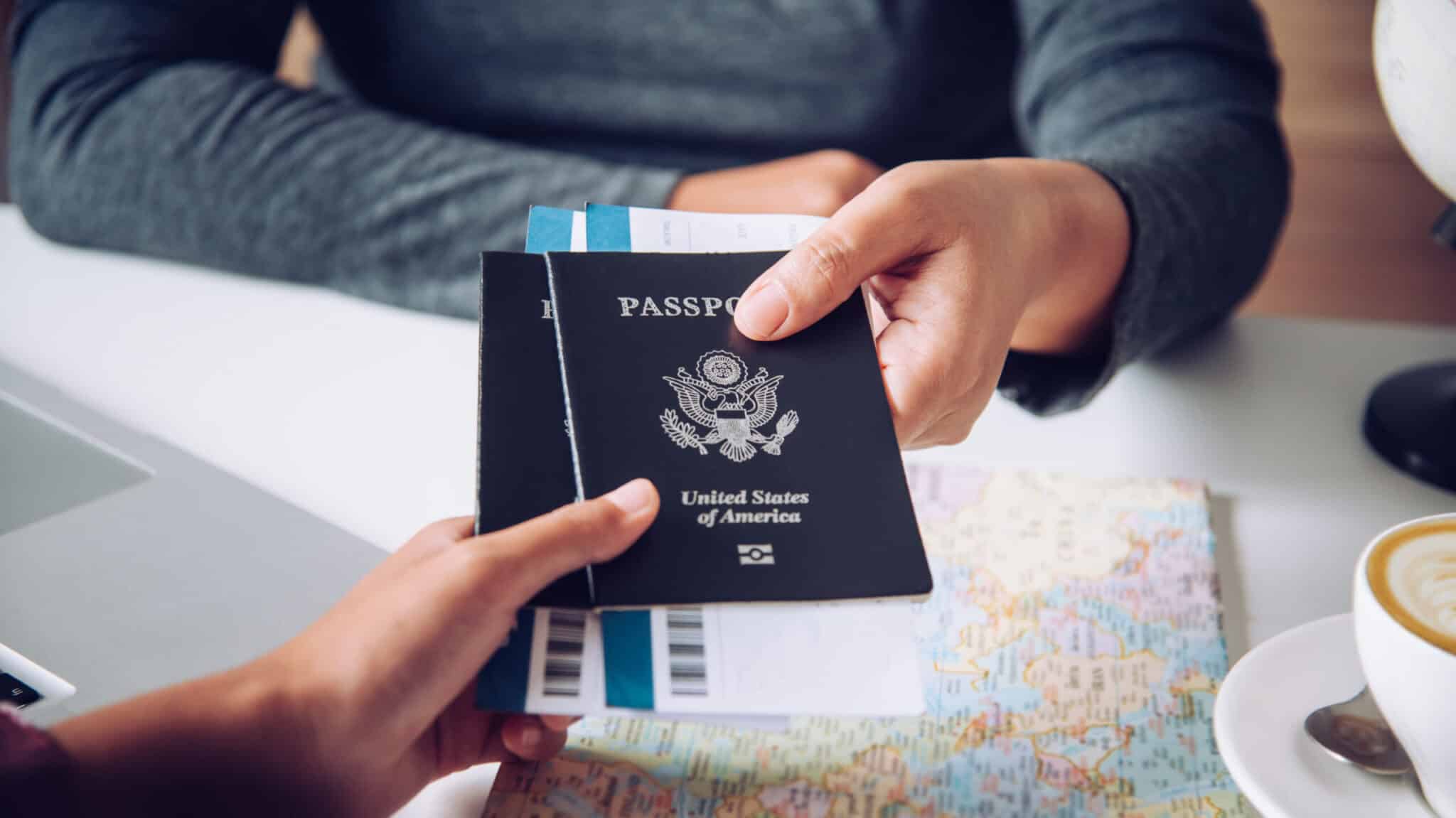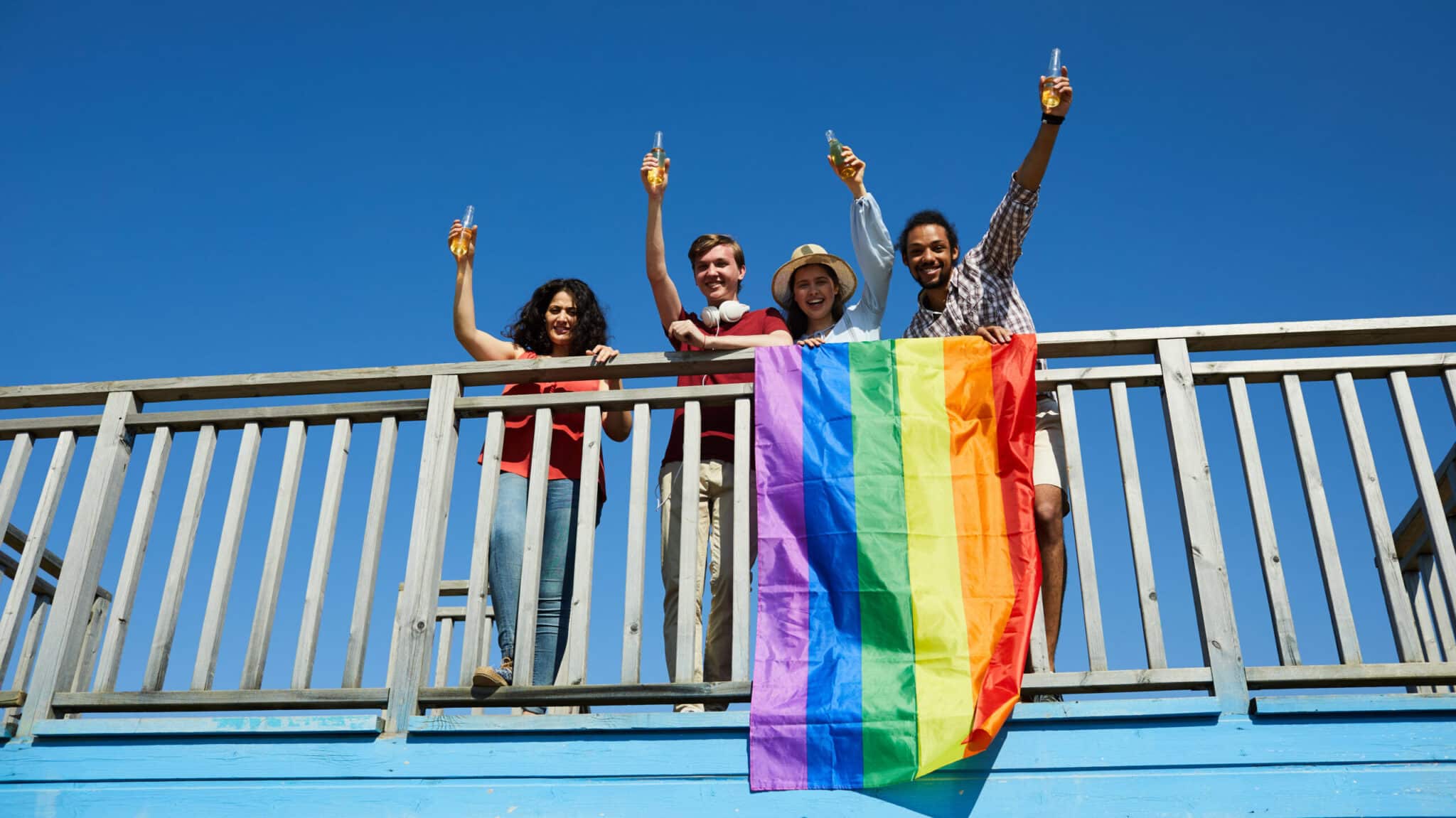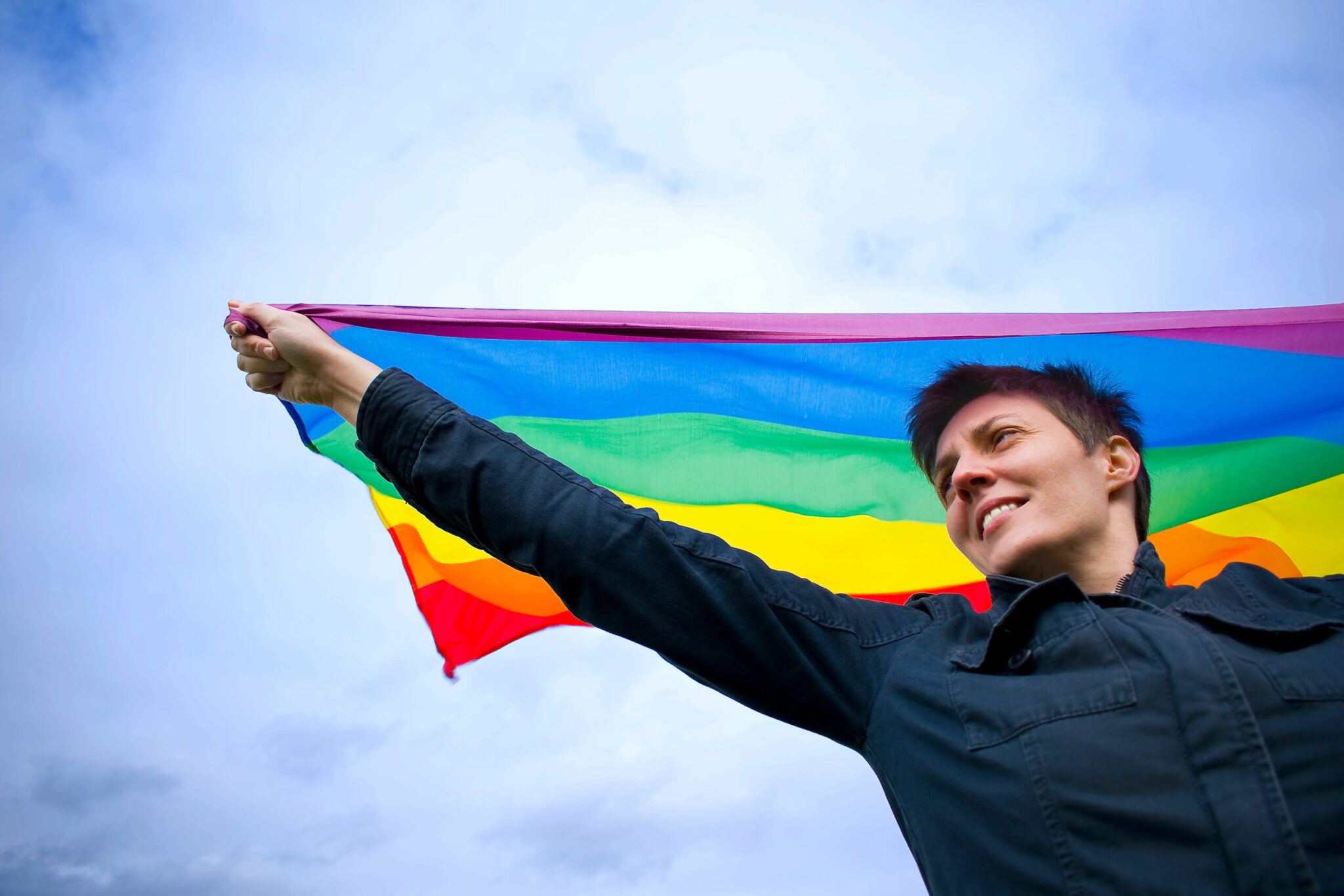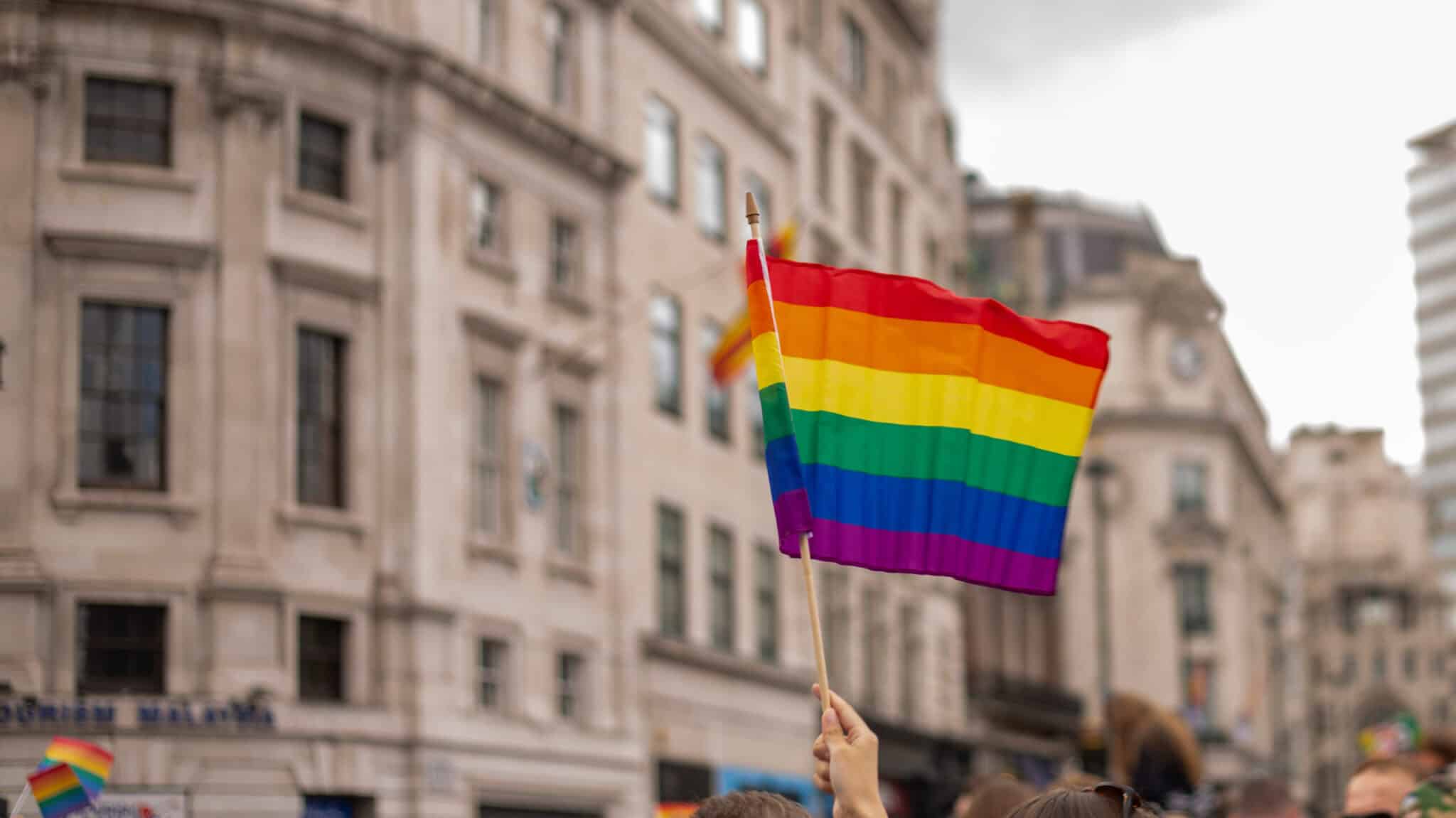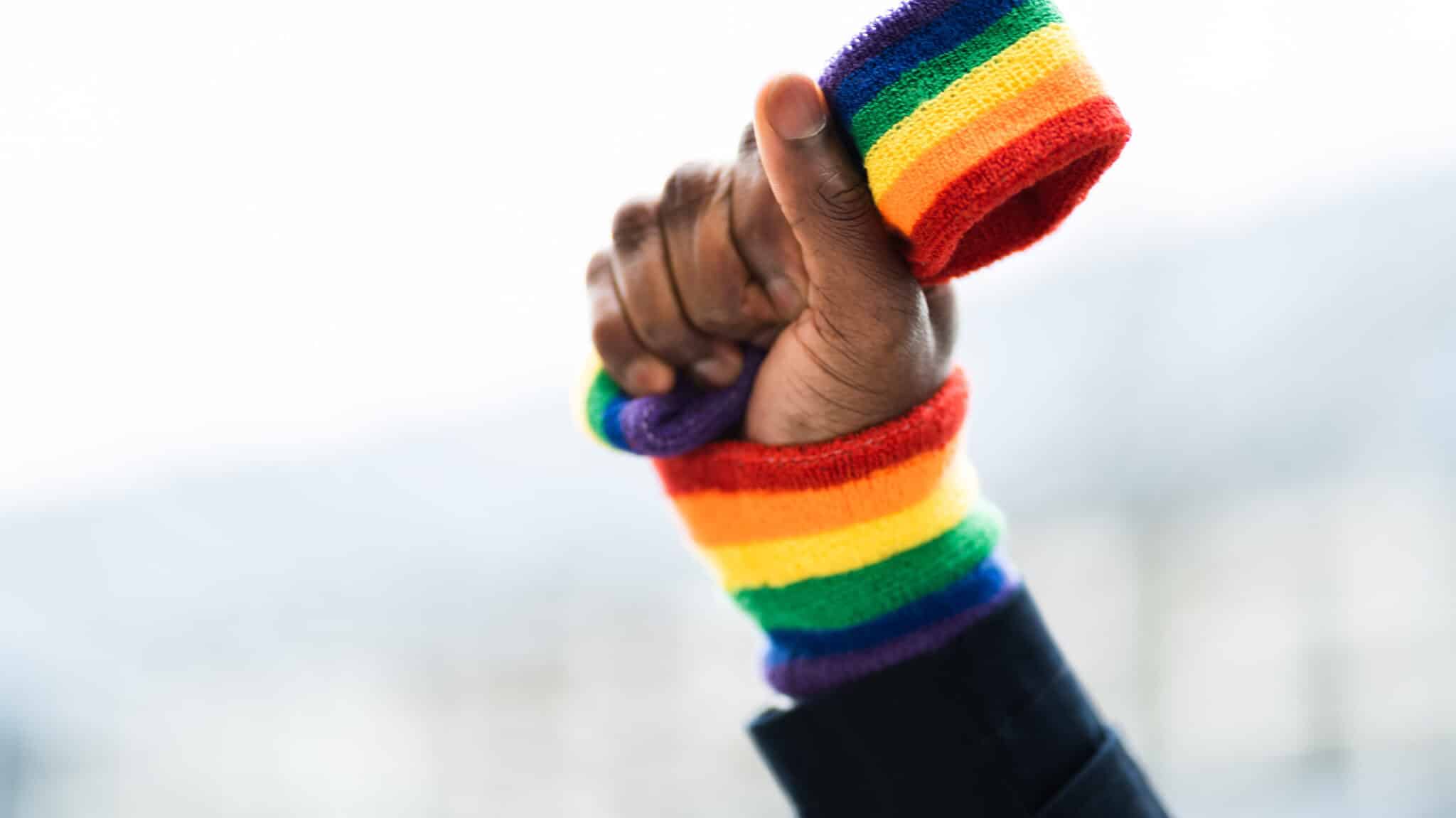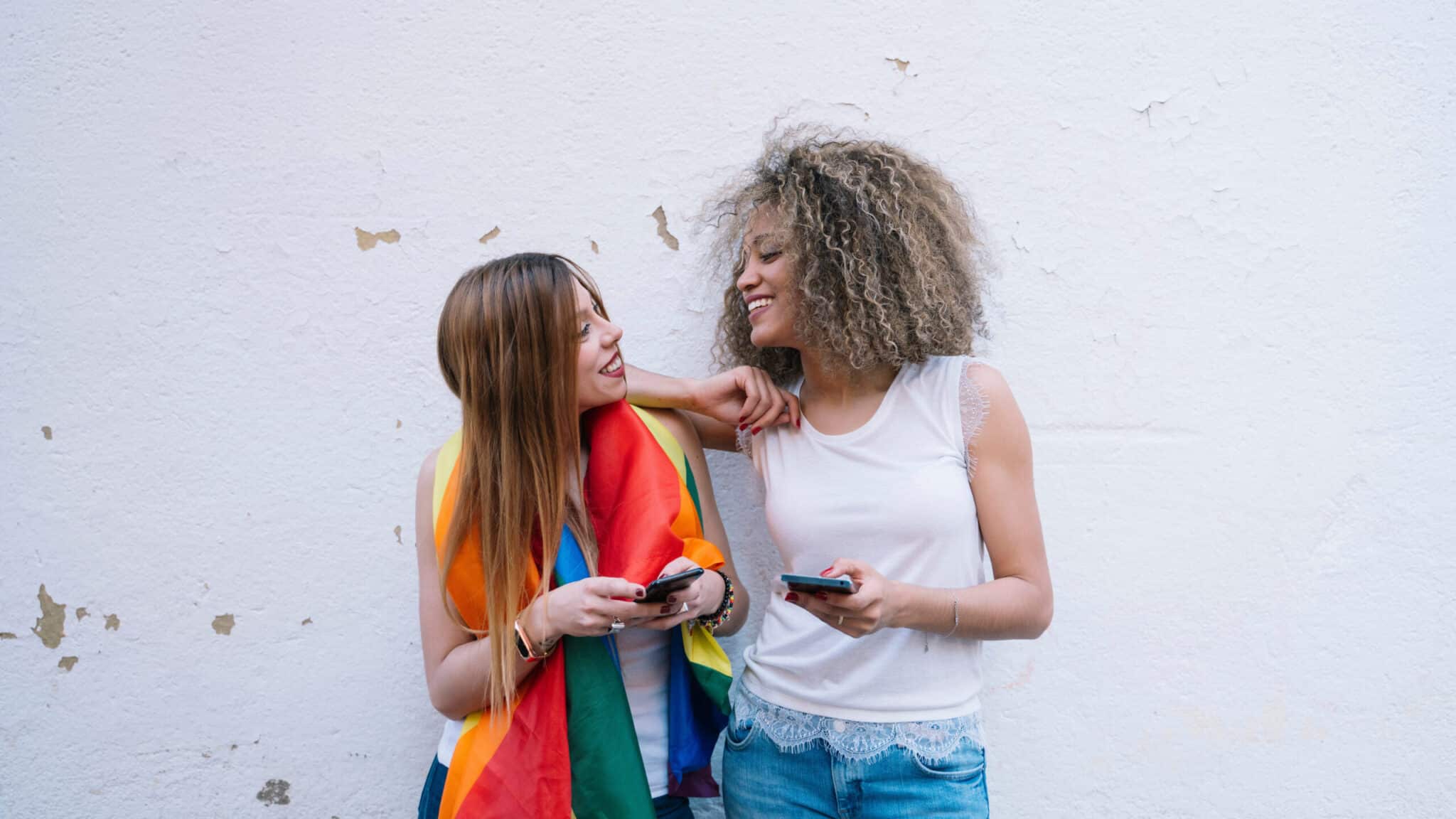In recent months, several U.S. states have introduced and passed legislation significantly affecting LGBTQIA+ communities. These new laws particularly target transgender and queer individuals, influencing various aspects of daily life, from education to legal protections. Understanding these changes is crucial for LGBTQIA+ individuals and allies alike.
Overview of Key Legislative Changes
Iowa: Rolling Back Civil Rights Protections
In February 2025, Iowa became the first U.S. state to remove gender identity from its Civil Rights Act’s list of protected categories. Effective July 1, this change removes vital anti-discrimination protections previously afforded to transgender individuals in areas like employment, housing, and education. Additionally, the new legislation prohibits changes to birth certificates regarding gender markers, except under very restricted medical circumstances.
Texas: Nationwide Leader in Anti-Trans Legislation
Texas introduced a record-breaking 127 anti-trans bills in 2025, highlighting a troubling trend in state legislatures across the nation. These bills include severe restrictions on healthcare access, participation in school sports consistent with gender identity, and usage of public restrooms, significantly impacting transgender youth and adults across the state.
Alabama: Educational Restrictions and Expression Limitations
New Alabama laws prohibit the display of LGBTQIA+ pride flags in public schools and strictly limit classroom discussions about gender identity and sexual orientation. Additionally, the legislation has allowed voluntary chaplaincy in public schools, raising concerns about the implications for separation of church and state.
Nebraska: Restrictions on Sports Participation for Trans Students
Nebraska has moved forward with legislation aimed at restricting transgender students’ participation in sports aligned with their gender identity. Although initial drafts also sought to restrict restroom access, subsequent amendments have primarily focused the legislation on athletic participation.
Minnesota: Legal Challenge Against Federal Restrictions
In response to federal executive orders aimed at restricting transgender athletes’ participation in women’s sports, Minnesota proactively filed a lawsuit against the federal government. This legal action seeks to uphold transgender rights within the state and challenge the federal government’s attempts to impose restrictive definitions.
How These Laws Impact LGBTQIA+ Communities
The recent legislative actions carry profound implications for LGBTQIA+ individuals, especially those residing in states with stringent new laws. Removing legal protections increases vulnerability to discrimination and social exclusion. Restrictive educational policies can severely affect the mental and emotional well-being of LGBTQIA+ youth, potentially leading to higher rates of mental health struggles and social isolation.
Considering Expatriation: Exploring Safer Environments
Given the increasing restrictions and potential threats to LGBTQIA+ rights in various U.S. states, many individuals are exploring expatriation as a means of securing safer, more inclusive living conditions abroad. Countries known for their robust LGBTQIA+ protections, such as Malta, Spain, and Portugal, offer promising opportunities for those seeking acceptance and legal security.
How Live Proudly Abroad Can Assist
At Live Proudly Abroad, we provide specialized legal guidance and support for LGBTQIA+ individuals considering relocation. Our experienced team can assist with visa applications, residency planning, and citizenship processes, ensuring a smooth and informed transition to a country where LGBTQIA+ rights are celebrated and protected.
If you’re concerned about recent legal changes and their implications for your future, we encourage you to reach out and discuss your options.
Contact Live Proudly Abroad today for a consultation and take the first step toward living openly and safely.
